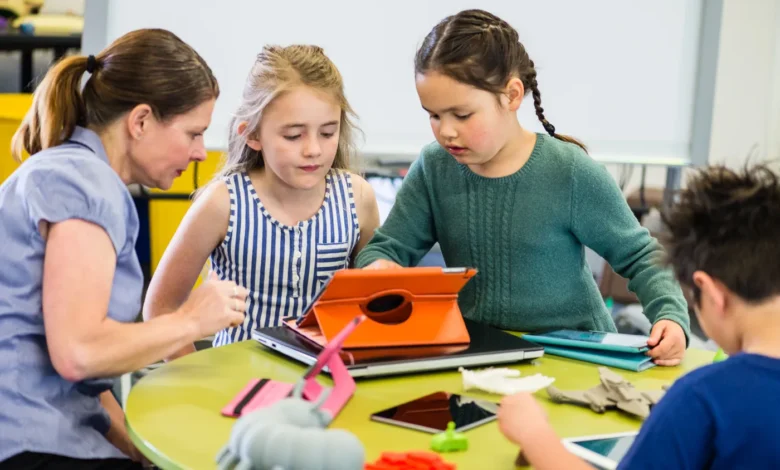How to Recognise Success in Education

Success in education is a multi-faceted concept that goes beyond test scores and academic achievements. While traditional measures like grades and degrees are important, true success in education encompasses personal growth, skill acquisition, critical thinking, and lifelong learning. Recognising success in education requires a broader perspective that includes individual progress, social development, and practical application of knowledge.
1. Academic Achievement
One of the most common indicators of success in education is academic achievement. This includes high grades, standardised test scores, and successful completion of courses or programs. Students who consistently perform well in assessments demonstrate mastery of subject material. However, it is essential to remember that not all students excel in the same subjects or learning environments, and success should also be measured by personal improvement rather than solely by comparison with peers.
2. Personal and Intellectual Growth
Success in education is not just about grades but also about the ability to think critically, solve problems, and develop intellectual curiosity. A successful student demonstrates growth in knowledge, confidence, and self-awareness. Education should foster independent thinking, creativity, and the ability to engage in meaningful discussions. When students develop these skills, they are more prepared to tackle real-world challenges and adapt to new situations.
3. Social and Emotional Development
Another significant aspect of educational success is the development of social and emotional intelligence. This includes effective communication, empathy, teamwork, and conflict resolution. Schools and educational institutions play a crucial role in nurturing these skills through group activities, projects, and interactive learning experiences. A student who can work well with others, show resilience, and handle emotional challenges is achieving success in education.
4. Practical Application of Knowledge
Education is truly successful when students can apply what they have learned to real-life situations. This could mean using mathematical skills in financial planning, applying scientific principles to solve everyday problems, or using language skills to communicate effectively. The ability to transfer knowledge from the classroom to practical experiences signifies that learning has been meaningful and impactful.
5. Lifelong Learning and Adaptability
Success in education should not be confined to school years but should extend to lifelong learning. Students who develop a love for learning, curiosity about the world, and the ability to acquire new skills throughout their lives are truly successful. Adaptability to new information, technology, and societal changes is a critical component of education today. In a rapidly evolving world, the ability to learn continuously is more valuable than any single academic achievement.
6. Achieving Personal Goals
Educational success is also about achieving personal goals, whether that means mastering a new skill, gaining admission to a desired institution, or securing a dream job. Success looks different for every individual; for some, it may be excelling in sports or the arts, while for others, it may be pursuing a particular academic or vocational path. Recognising personal achievements, the type that might be acknowledged with an engraved glass plaque, and progress is a crucial measure of success in education.
7. Positive Contribution to Society
Ultimately, education should empower individuals to contribute positively to their communities and society at large. A well-educated person should possess the skills, knowledge, and moral compass to make ethical decisions, support social causes, and improve the lives of others. Success in education can be recognised when students become responsible citizens who actively participate in building a better world.
Conclusion
Recognising success in education requires looking beyond grades and test scores. True success is reflected in intellectual growth, social skills, practical application of knowledge, lifelong learning, and personal achievement. Education should empower individuals to become independent thinkers, adaptable learners, and responsible members of society. By adopting a holistic approach to measuring educational success, we can ensure that learning is meaningful, fulfilling, and impactful for all students.




